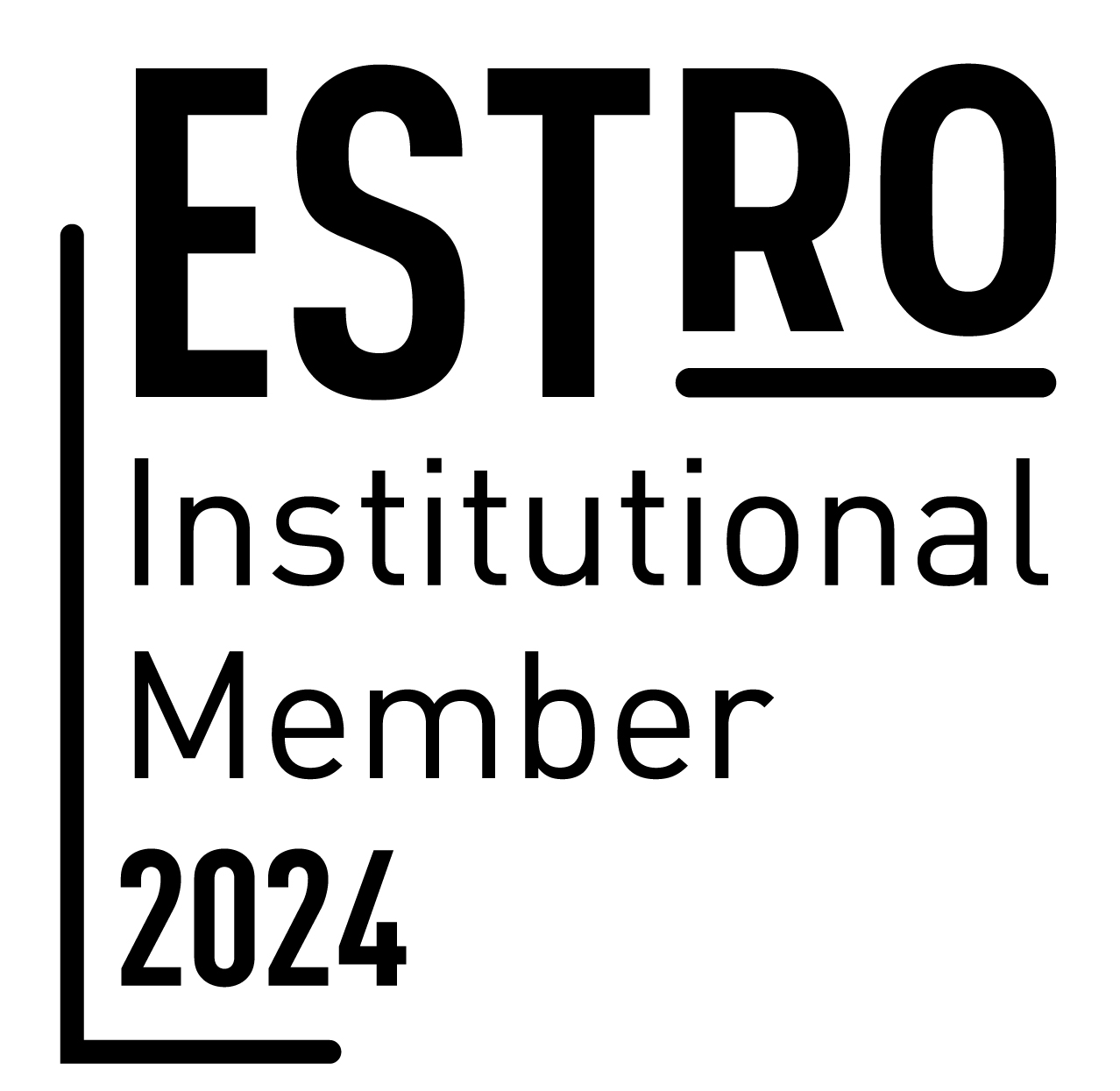Pathologies that can be potentially treated with hadrontherapy
Re-treatment of recurrent brain tumours of any histological type
Want to submit your case? Click HERE
Brain tumours are averagely rare tumours that start in the brain and are divided into:
- Gliomas
- Diffuse astrocytomas
- Pilocytic astrocytomas
- Anaplastic astrocytomas
- Glioblastomas
- Oligodendrogliomas
- Mixed gliomas
- Ependymomas
- Medulloblastomas
- Meningiomas
- Hemangioblastomas
- Germinomas
- Neuromas
- Craniopharyngiomas
- Primary lymphomas of the Central Nervous System
In most cases, brain tumours can develop as primary and secondary tumours.
Causes of brain tumours
The causes of brain tumours are still unknown, although it has been established that prior exposure to high-dose radiation therapy can be considered a risk factor.
It has also been found that some hereditary diseases are often associated with this type of tumour:
- Neurofibromatosis type 1
- Neurofibromatosis type 2
- Li Fraumeni syndrome
- Turcot syndrome
- Von Hippel-Lindau syndrome
- Cowden syndrome
- Gorlin syndrome
- Lynch syndrome
Symptoms of brain tumours
Although each brain neoplasm shows specific symptoms, and these may change depending on a number of factors such as the location and size of the tumour mass, there are common symptoms shared by these tumour forms.
The recurring symptoms of brain tumours are:
- Headaches
- Seizures
- Nausea and vomiting
- Behavioural changes
- Memory loss
- Mental confusion
- Disorientation
- Hearing loss
- Sensory hallucinations
- Language difficulties
- Balance problems
- Mobility problems
- Vision problems
Diagnosis of recurrent brain tumours
In case a recurrent brain tumour is suspected, an in-depth neurological examination is required to determine an accurate patient's medical history.
A series of tests aimed at confirm an accurate diagnosis must follow.
These may include:
- Computed tomography (CT)
- Nuclear magnetic resonance (NMR)
- Positron-emission tomography (PET)
Re-treatment of recurrent brain tumours
The treatment of previously treated brain tumours recurrences must be assessed and discussed by a multidisciplinary team.
If the recurrence of the brain tumour has already been treated but with little success, hadrontherapy, a particularly functional treatment of tumour masses, can be used, especially in cases of radio-resistant tumours as it protects the surrounding healthy tissues.













